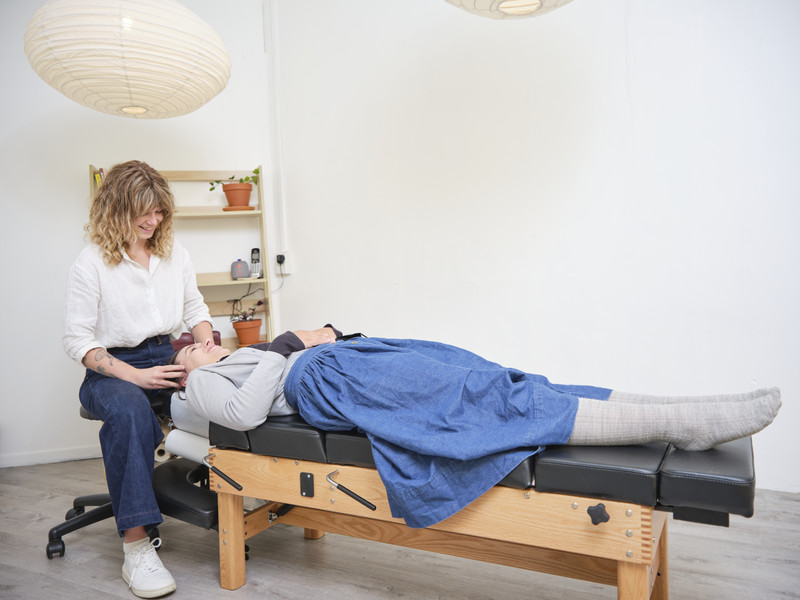CHANGES TO YOUR BODY DURING PREGNANCY
Pregnancy can be challenging, on both your body and your mind.
Change is hard at the best of times, and during pregnancy, change occurs over a very short period of time. Changes occur bio-mechanically, physiologically, emotionally and financially.
It’s important to have a team of caring professionals as well as your friends and family to support YOU through this time.
During pregnancy, it is common to experience back pain, joint and muscle discomfort. If your body isn’t able to adapt to the increasing weight of your growing baby as it puts stress on your shifting internal organs, muscles and ligaments- you will likely experience symptoms.
If your body is struggling with the new found load of your baby, your posture will compensate.
- The pelvis will be thrust forward, and most of the pressure will be held by the lower lumbar discs and already straining sacroiliac joints.
- The pectoral muscles of the chest will tighten and round the shoulders forward and in, rather than taking the weight of the breasts with the strength of the upper back muscles.
While these compensations may feel ok short-term, they can have long term impacts on your biomechanics far beyond pregnancy and birth. A survey of South Australian women returned 1531 responses. Of these women, 35.5% experienced moderately severe low back pain during their pregnancy and two-thirds of that group reported persistence of that pain after their pregnancy (Stapleton, MacLennan & Kristiansson, 2002).
Just because something is common, doesn’t mean it’s ‘normal’, and you don’t have to live with it.
Getting checked regularly by a chiropractor during your pregnancy can:
- Improve pelvic floor muscle relaxation (Haavik, Murphy & Kruger, 2016)
- Reduce labour times (Borggren, 2007)
- Relieve lower back pain during pregnancy (Borggren, 2007)
Chiropractors with an interest in care for pregnant women will alter their technique significantly to suit the needs of mum-to-be. We use specifically designed ‘pregnancy pillows’, to allow mum-to-be to lie on her stomach while she receives care. We also will often use gentle pelvic wedges, placed under the bones of the pelvis at certain areas to stabilise sacroiliac joints and decompress the lower back. A popular technique used is the Webster technique which works by optimising pelvic balance and ligament function. In particular we work on releasing the Broad and Round ligaments at the front of the pelvis, allowing optimal space and adaptability in the pelvic cavity.
The Webster technique works by optimising pelvic balance and ligament function.
Call us on 03 455 0481 to book your appointment today with one of our chiropractors.
Who else should I have on my pregnancy support team?
- If you have one, your partner. This pregnancy is both of yours, and you will both support each other at various stages.
- Your Midwife
- Your GP
- Your friends and family are a great place to start. They will try to help you (whether you like it or not), so writing a list of areas where you could do with support when the time comes. Things like:
- Pre-prepared, frozen, healthy meals
- Helping you with laundry during the first few weeks after birth, especially if you are committing to re-useable diapers.
- Someone close who has been through it before… They’ll know all the tips and tricks!
- However, not everyone has support like the above available. This is where a doula can be of tremendous support. A doula is a non-medical support person who can assist you (and your partner) in the transition towards becoming a parent. This is a great option for those who live far from family, are estranged, or don’t have a relative or friend close by they feel like would suit the role.
If you have any further questions on how The Spine Room can help you, or would like to hear who we refer to for pregnancy-related care, please do not hesitate to speak to us!
